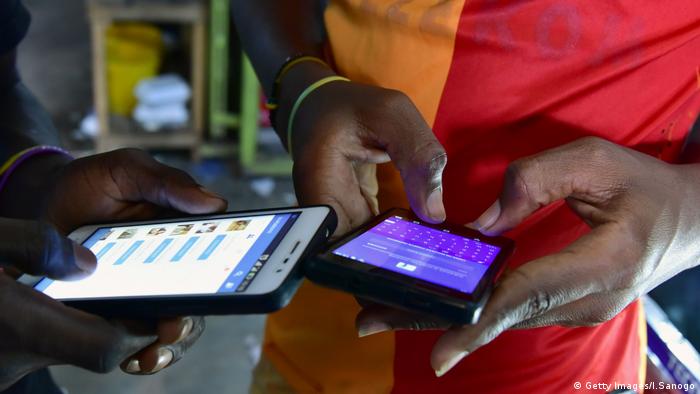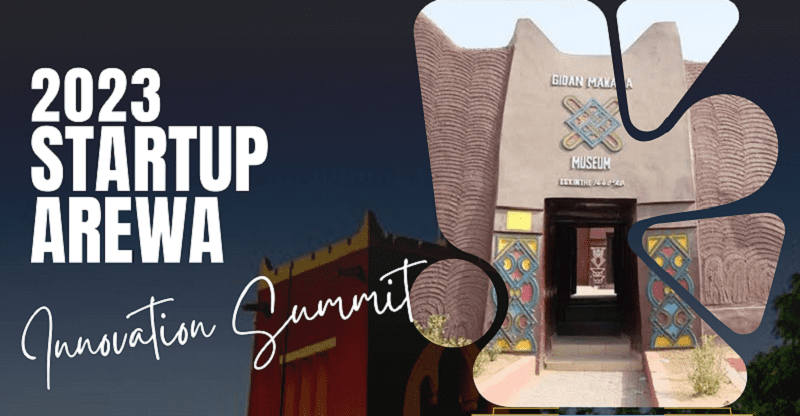In a shocking move to regulate social media platforms in the country, legislators in Kenya have proposed a new bill that requires Facebook and WhatsApp group admins, bloggers to have a licence to operate.
Known as the The Kenya Information and Communication (Amendment) Bill 2019, the bill requires the above persons to get a licence from the Communications Authority (CA) of Kenya before setting up groups.
Group admins will be required to provide their physical addresses, including residential areas, the number of members in their groups and the objective of the whole group.
Asides permission to set up groups, administrators must monitor content shared in their groups, ensure that all members are above the age of 18, and remove any member that posts inappropriate content. According to the bill, group administrators that allow offending comments on their platforms will be prosecuted and jailed.
“The new part will introduce new sections to the Act on licensing of social media platforms, sharing of information by a licensed person, creates obligations to social media users, registration of bloggers and seeks to give responsibility to CA to develop a bloggers’ code of conduct in consultation with bloggers.”
The Bill’s memorandum of objects and reasons.
The bill in essence seeks to regulate all “online publishing and discussion, media sharing, blogging, social networking, document and data sharing repositories, social media applications, social bookmarking and widgets.”
As a result, the CA is also charged with building a registry of bloggers and creating a code of conduct for all operators. Bloggers found running blogs without licence from the Communications Authority (CA) are liable to being jailed for 2 years or paying a fine of up to 500,000Sh.
The bill, as expected, has not been received well. It is perceived as a radical move to regulate social media in ways that will most likely infringe on people’s right to communicate and enjoy net neutrality.
A Move to Control the Scene
In today’s world, digital media – especially social media – has become very important, allowing people pass information across multiple digital platforms, country borders and language barriers.


In recent times, beyond business and information sharing, social media has paved the way for activism, protests by social and political organisations. People turn to social media to air their views on political and social matters, which was not so easy to do on independent media platforms.
African governments have not really liked this, having a long history of exercising power over independent media. But with social media and internet media not dependent on government license/structure, it has been hard for African government to control the narratives.It has, however, not been totally impossible. They have often resorted to restrictions under the pretext of safeguarding national security. African internet users have had to put up with temporary shutdowns around election time, or during large protests against government actions. Countries such as Rwanda, Uganda and Cameroon routinely censor certain online content, while Uganda, Benin and Tanzania have imposed tax on users of Twitter, Facebook and WhatsApp.
Kenya itself has an history of legislating social media on the premise of disciplining hate speech peddlers. And this new bill could lead to easy intimidation of such persons by the government. Most social media groups are for informal/short time purposes, so this will just make the use of online services and social media more difficult generally.
There are still a lot of questions about how the government will monitor the whole process, even if the bill passes. For example WhatsApp is a private platform with end to end encryption. How would the government know if a new group has just being opened? And with possibly thousands of Facebook groups in Kenya, it is still vague how the government will curate and regulate them all.
Although the bill is yet to be passed there are fears that this might just be another scheme to crack down on vocal government critics.






